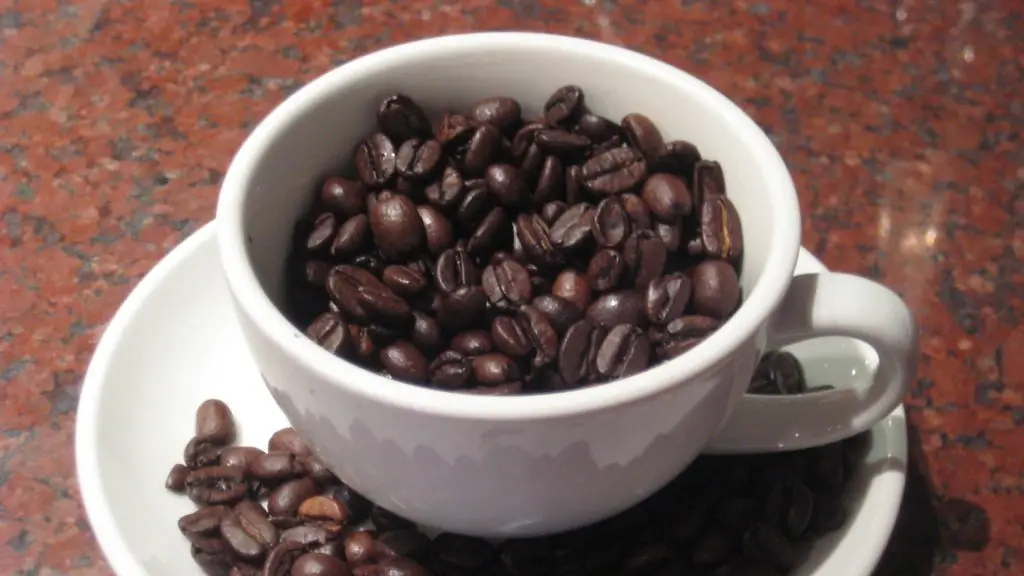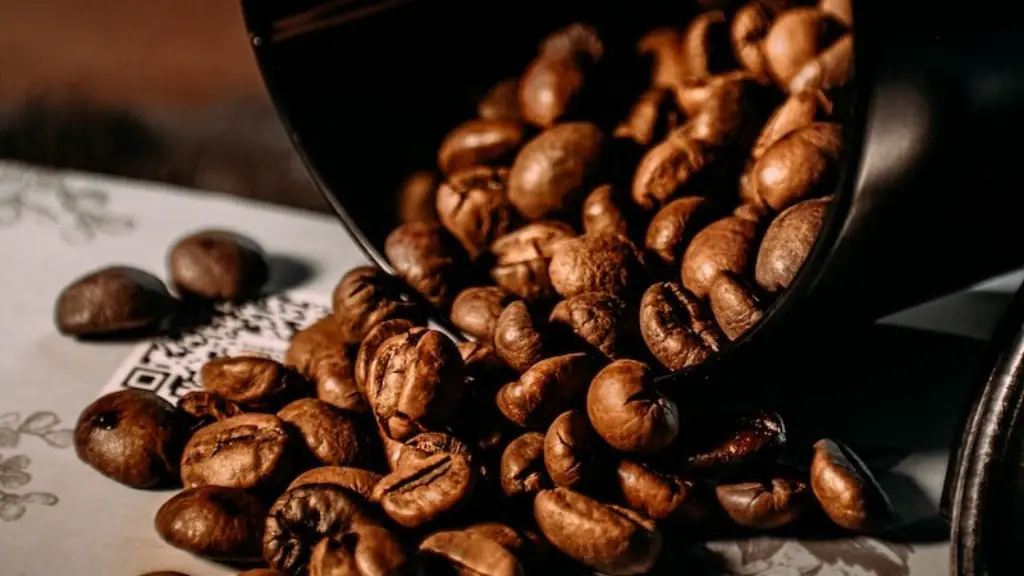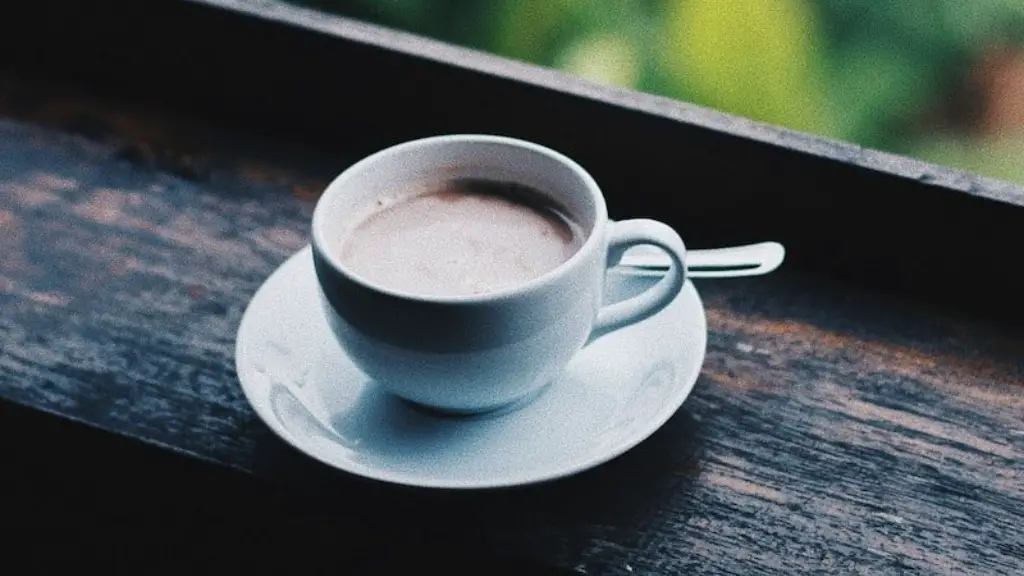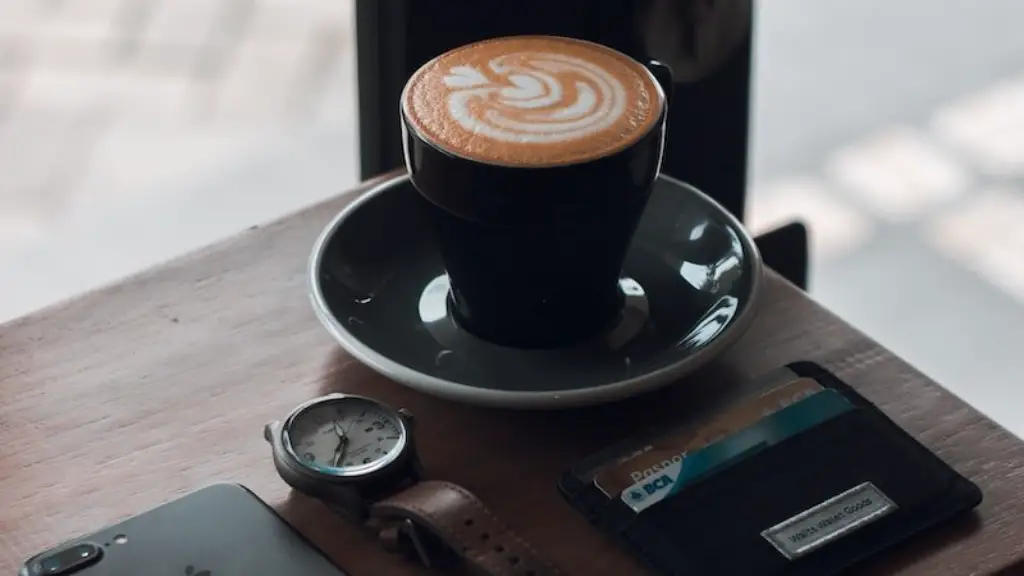Coffee is beloved by so many, yet there are different ways of drinking it – fast or slow? That is the question that faces us today. In order to determine the best way to drink coffee, let us weigh out the pros and cons of both.
Fast drinking is the traditional method of coffee consumption. It is popular among coffee devotees and non-devotees alike. The idea behind this method is to get the caffeine kick without protracted drinking time. With fast drinking coffee, one can simply gulp it down, feel the jolt of energy, and get on with the day.
On the flip side of this, is that the coffee flavour can be quite easily lost if it is consumed too quickly. One single gulp of coffee won’t result in the full taste, but rather a bitter and burnt cup of coffee – not a pleasant experience. Further to this, if coffee is consumed too quickly, it can result in an indigestion and a caffeine overdose, leading to increased anxiety and sleeplessness.
Slower Sipping – The Overall Winner?
In comparison to drinking coffee fast, the opposite – slow sipping, is a far superior method of consumption. This granted, will take more time to consume, meaning it is suitable for moments when you are less rushed and can take your time. Slow sipping allows you to savour the coffee, tasting each layer and unlock the hidden notes and fragrance. In fact, if done correctly, one can truly appreciate the variety of aromas and flavours that coffee has to offer.
In addition to being able to appreciate the tastes, slow sipping allows one to avoid any indigestion or caffeine overdose. This can be beneficial to health, as too much caffeine can actually be quite damaging. With a controlled amount of caffeine, one can experience the perfect balance of attentiveness and still be able to sleep well during the night.
Physiological Effects & Benefits of Both
Now that we’ve established the differences between fast and slow drinking, lets take a look at the physiological effects and benefits of each. As mentioned, with fast drinking, one can certainly get their caffeine fix, more quickly than with slow sipping. Thus, when one is running late and can’t take their time drinking the coffee, this is a great option.
Conversely, sipping the coffee slower will help to regulate the release of caffeine into the system, meaning it will have a sustained effect, as opposed to a short electricity jolt surge. This effect can be beneficial for those who require consistent attentiveness, such as students studying for long hours, or anyone who simply needs long-lasting alertness and clarity. With slow sipping, one can experience a particular peak in alertness followed by a long state of attentiveness.
Making The Right Choice
With the pros and cons outlined, it is clear that slow sipping is the winner for the best way to drink coffee. It allows for the appreciation of flavour and aroma, without the risk of indigestion or a caffeine overdose. By taking your time and drinking the coffee slower, one can experience sustained focus and alertness, while avoiding any adverse effect that can result from consuming it too quickly.
The choice as to how coffee should be drank, remains up to each individual. At the end of the day, coffee should be enjoyed in a safe and hygienic manner, while still allowing one to get the most out of it.
Coffee Alternatives
Drinking coffee is not always the only option – there are in fact alternatives. This can include decaffeinated coffee, tea, even matcha. These alternatives all have their own respective benefits, such as being less acidic, and quite often, containing far fewer calories. Additionally, tea, for example, is high in anti-oxidants, which can work wonders for the body.
Some may opt for one of these alternatives, because decaffeinated coffee particularly, won’t interrupt sleep or cause twitchiness from too much caffeine. And if you’re looking for a more enjoyable way to get your fix of tea and coffee, you can also try adding milk or creamer, or even a sweetener, to give it a more desirable taste.
Brew Variations and Types
Apart from choosing to fast or slow sip your coffee, there are other aspects to consider, including the type of coffee and coffee brew. Different types, such as espresso and latte, contain different levels of caffeine, milk and other ingredients. They can be served either hot or cold, and come in varying strengths. Espresso is the strongest, while latte is the weakest.
Further to this, other brews like French press and pour-over, can alter the taste of the coffee due to the way the coffee grounds have been prepared and brewed. French press for instance, is renowned for being quite smooth or “rounded”, while pour-over is far more potent and intense. The variations between these two can result in very different flavours.
The Timing of Making & Drinking
The timing of making and drinking coffee is also important. Freshly roasted coffee beans allow for a more pleasant and intense experience, while less fresh beans possess far fewer nutrients and flavonoids. Thus, ensuring that your coffee beans are fresh is key.
In regards to the time of drinking, this will once again, depend on the individual and their current needs. If one requires a stronger energizer, they may want to drink it late in the mid afternoon, closer to when they know they will need the peak of energy, as opposed to earlier in the day. This may help to avoid an energy crash in the late afternoon, which can lead to an iffy evening.
Healthy Preparation
While considering the best way to consume coffee, it is also pertinent to talk about the healthiest means of preparing it. A quick and easy way is to prepare black coffee. This will allow for the true purity of the coffee beans to shine through, and is free of any additional calories or fat. Of course, other healthier methods can be adopted, such as adding cinnamon, which will add the benefit of natural sweetness and flavour.
In addition to this, healthy dairy alternatives or plant-based milk is a great alternative to regular milk or creamer, as it is packed with various nutrients and vitamins, while still allowing for a desirable kick of caffeine. And of course, using healthier sweeteners like stevia, as opposed to sugar, is always a better health alternative.




